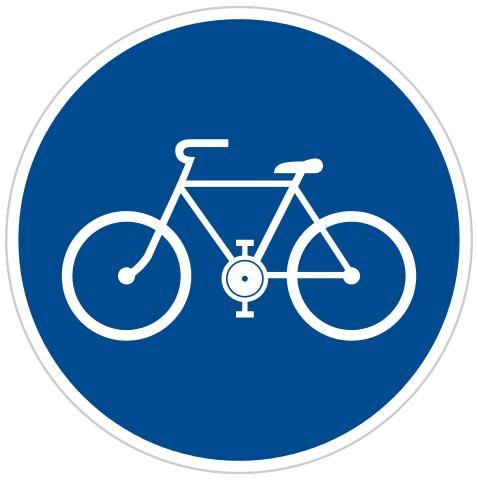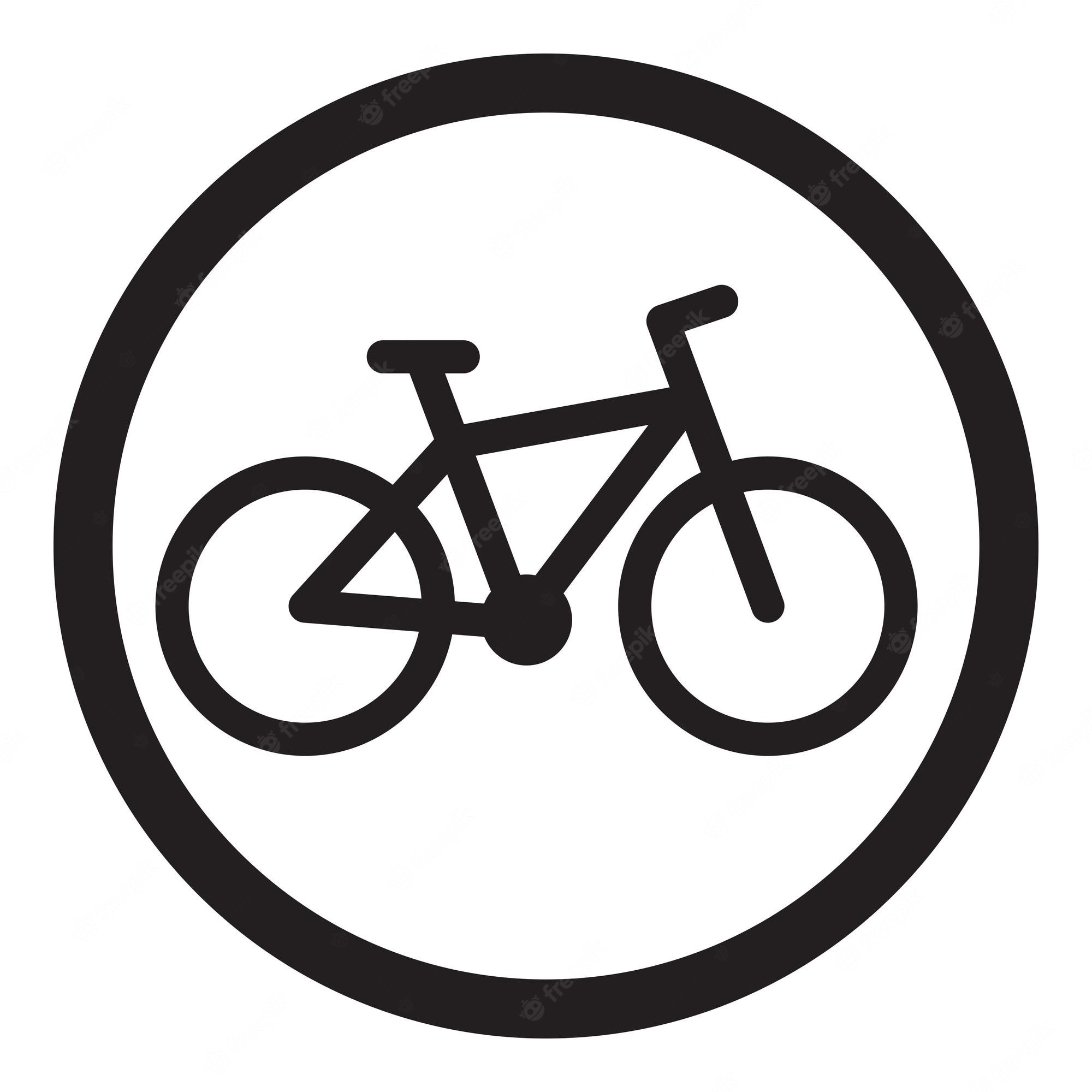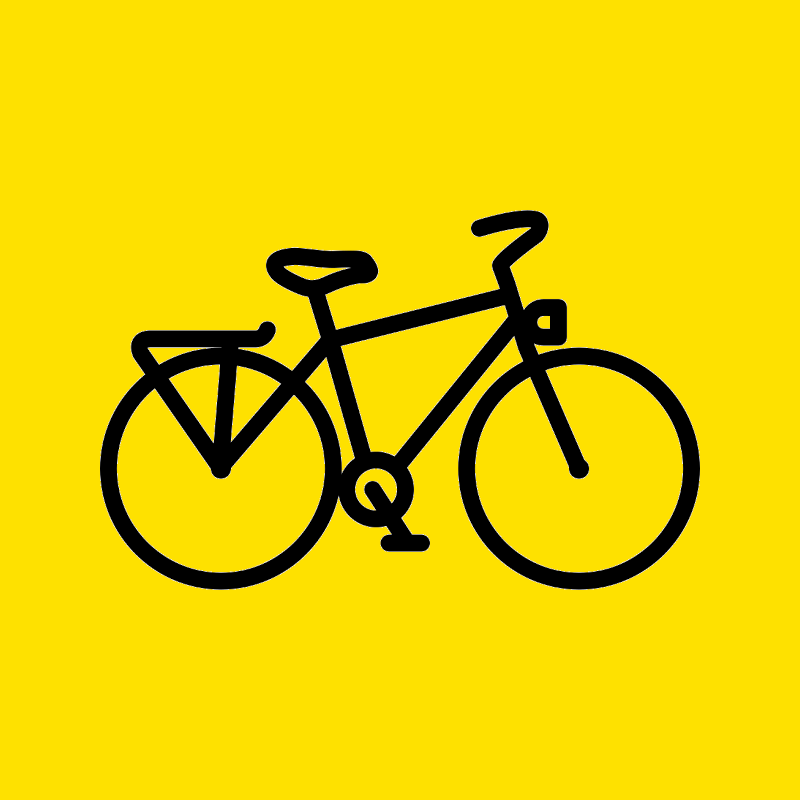- 7 Posts
- 26 Comments
Merci beaucoup, this is quite helpful! If we are successful then these will be good problems to tackle down the road. The CDI/CDD thing is something that seems to be quite a bit divide in France (have only lived here 3 years so still getting used to it).
I think there are ways you could provide financing/loan money with defined terms and/or interest rates, so the co-op has debt in your name with a defined risk/reward structure. If you’re successful and new members join, there is simply debt in your name in the balance sheet still. At a risk/reward level that hopefully everything thinks is appropriate.
I think entrepreneurship and financing mechanisms can be decoupled from capitalism. In addition to your money being put at risk, it is your time and labor after all at the beginning, and it’s not compensated at that time. You could record your hours in setting everything up, it’s effectively back wages IMO.
Edit: ofc entrepreneurship and financing methods have existed well before modern capitalism, my point remains!
Curious more about what you learned from your SCOP experience; I’m actually in the process of setting one up with a colleague and would love to hear any tips you have! In terms of culture, things to avoid or lean in to, etc. Merci en avance :)
Yes agreed, ESOP-to-co-op requires a big shift in power away from the top and against the managerial class’s interest, which is hard to pull off. More often I’ve seen the family-owned or conventional corporation get converted to ESOP or worker co-op when the family retires or the company is in financial difficulty. A French glass company just did the latter
Yes, big fan of Mondragon here, though I’ve heard they’ve taken some criticism for outsourcing some of their processes to non-cooperatives with poorer working conditions (perhaps in Mexico, might be wrong). But that aside I’m a big fan and suggest to anyone not familiar to read up on them!
To me it sounds like you might be describing more of (in the US context) a company with an Employee Stock Ownership Plan (ESOP) rather than say, a worker cooperative? (which can both be considered employee-owned but with very different contexts)
There is a wide range of possible structures/bylaws/statues for employee ownership that depends on the local regulations as well as the discretion of the employees with voting rights. For example, worker co-ops in France (SCOPs) can allow for external investors (capped to a certain % of equity, no voting rights), a voting system where one worker = one vote (independent of ownership %), require a fixed % of profit to be reinvested to the company’s reserves before any profit sharing, etc.
I also would prefer to work at an employee-owned enterprise but to me it boils down to the culture of the people working there, independent of the chosen legal form and/or that imposed by the state. The workers can decide to do things in a capitalistic way or not, the legal form and bylaws are there to help prevent major abuse but if people want to act in a rent-seeking way, they’re gonna find a way to do it, IMO.
Anyone want to set up a cycling-themed Wanderer server?
Edit: and/or FitTrackee, Endurain, workout-tracker…
Is waxing chains worth it in your opinion? What’s the pros/cons? Less maintenance sounds nice but seems like a pain to get the equipment and strip everything first.
Have you tried a tubeless setup with sealant?
+1 for finding a good used option then upgrading if you want to later!
I personally didn’t like my gravel bike/drop bars for commuting or any mildly chunky off-road (maybe it wasn’t a good fit for me, but I didn’t like being so far forward - poor visibility and uncomfortable, and I wasn’t racing). I second larger tires (and ability to run low pressures with them for comfort).
Check out adventure/all-terrain bikes for some of that mixed terrain practical use. An Italian brand makes one that your local shop may stock? https://www.cinelli-milano.com/collections/adventure/products/hobootleg-microshift
 1·2 months ago
1·2 months agoThere’s a growing divide within Gen Z between those with stable jobs or financial support who can afford to buy a home in today’s expensive market, and those who are priced out — not just of homeownership, but also the rental market, said Susan Wachter, a professor of real estate at the Wharton School of the University of Pennsylvania.
I’d suggest playing around with different route profiles for your commute on https://bikerouter.de/ (based on Brouter), like “Safest” or “Minimal Traffic”, I’ve had success with finding calmer routes using this tool. Can make your commute much more relaxing too!
 1·3 months ago
1·3 months agoLove it. Been wanting to build something like this eventually.
Ever hear of this project/have any thoughts on it? https://vhelio.org/
That’s why I just pump them up when I’m on (decent quality) pavement.
Tire is 2.8" and I’m about 65 kg, not sure how low I go on pressure since I don’t have a gauge but people routinely go below 10 psi on soft trails.
Pinch flats can happen but it’s harder with bigger tires since there’s a longer travel distance before the pinch. And most people set up tubeless to avoid pinch flats entirely.
 3·3 months ago
3·3 months agoYes, just haven’t seen any good used ones near me and not sure which one to buy! I’m a big fan of trailers for hauling stuff in town too.
The bigger the tire, the lower pressure you can run, which makes it more comfortable over rough pavement and trails. This bike has no suspension but I’m still able go over big rocks, roots, etc. comfortably if I drop the pressure. I ride trails but not aggressively/getting air or anything. So I can ride pavement a while to get to some trails, drop the pressure and have a good time off road, then air up and zip back home. And no suspension to deal with/maintain (+ can run cargo racks front and back if I want, which you can’t always with suspension).
It’s a trend/rediscovery of sorts in the “all-terrain bike” hype-sphere (but I do like it)











Just to be clear, there is no intention for “Dual Power” to be confused with “White Power”, there is no link there.
Dual power is a political term that means different things to different people. In the context of this gathering, it can be defined IMO as
Source: libsoc DSA caucus, since disbanded IIRC
It’s not used exclusively by libertarian socialists but by mutualist-leaning folks looking for a theoretical framework that promotes both engaging against traditional power structures/institutions while building independent movements at the same time. FYI, the EN wikipedia article on it is constantly being edited by people of opposing political views, this is the relevant subsection: https://en.wikipedia.org/wiki/Dual_power#Modern_usage_by_libertarian_socialists.
FWIW I haven’t seen the term used as much in European lefty circles as in North America, but it definitely attracts anarcho-leaning folks.